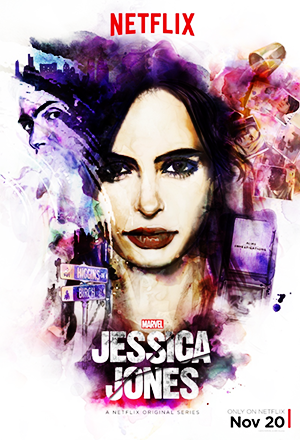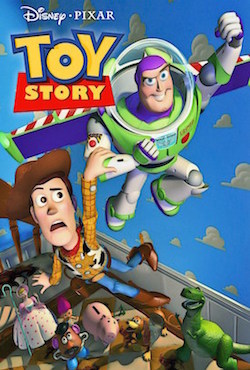Reductio Ad Villainy
It surprised me to learn that many actors enjoy playing bad guys more than the characters who save the day. But after I thought about it, I realized I enjoy writing villains more than paragons of virtue too. This is easy to explain, though. It’s fun to write for and pretend to be someone who has a completely different perspective on things. You have to really get into their head and understand why they do often really terrible things. If you do it well, they can steal the show from the hero.
Villains trouble me, especially the ones that are always chaotic evil. I don’t like thinking of my characters as “good” or “evil” in the first place. No one thinks of themselves as the bad guy. In fact, they’re doing the right thing- it’s those meddling kids and their little dog who keep getting in the way. Often, a villain will simply be sadistic or power hungry- terrible traits, but a little simplistic.
We might give a villain these characteristics to “raise the stakes.”[ref]Not to be confused with lifting cuts of meat.[/ref][ref]I’m sorry, I’ll show myself out.[/ref] In order to save the world, someone has to put it in jeopardy. But when we make the villains a force of pure evil, what we’re saying is, “If it weren’t for these bad people, everything would be perfect!”
That line of thinking has never gotten anybody killed before. Nope.
 In a case of villainy done right, consider David Tennant’s character, Kilgrave, from Jessica Jones. He’s dispicable, but also loves Jessica- everything he does is to make her understand his affection for him. But Jessica’s problems go beyond his immediate physical presence. Even after he’s defeated, she has other demons to conquer.
In a case of villainy done right, consider David Tennant’s character, Kilgrave, from Jessica Jones. He’s dispicable, but also loves Jessica- everything he does is to make her understand his affection for him. But Jessica’s problems go beyond his immediate physical presence. Even after he’s defeated, she has other demons to conquer.
One of my favorite scripts I read as an intern in Los Angeles was a gritty noirish mystery that took place in a big city. The story showed us the ugly prejudices not just among the main characters, but society at large. It was beautifully written, but I hated the ending. After the mystery was solved and the villain was defeated, all the underlying problems went away as well. It was all too neat.
The script wanted to tie everything up in a bow, but what it needed was something more like Chinatown: “Forget it Jake, you can’t lock up one bad guy and stop bad things from happening.”
All of this has bugged me because I think the script I’m working on now lacks a strong, villainous presence. There is no one threat that must be overcome. Conflict is the most important part of a story, and the characters all have their disagreements, sure. But, if anything, I sympathize with them all equally. Even in the Political Thriller, the villains are supposed to be distant and nebulous. The main conflict concerns characters who are mostly likable.
When you get into someone’s head long enough, and you put aside judgements like “good” and “evil,” they kind of stop being a villain altogether.
 Can you have a story without a villain?
Can you have a story without a villain?
Probably- we can certainly do away with cackling moustache twirlers. The best example that comes to mind is actually the first Toy Story.
Consider: aside from a minor physical threat from Andy’s neighbor Sid (who I wouldn’t call evil), the conflict is between Woody and Buzz Lightyear, two sympathetic characters. The point of the story is them learning to put aside their differences to be with Andy.
This is something Pixar does again and again- you might even call most of their movies buddy comedies. They’re all about likable characters who have to learn to work together.
Because reducing everyone to camps of “good” and “evil” so you can eliminate everyone you disagree with is real villainy.
